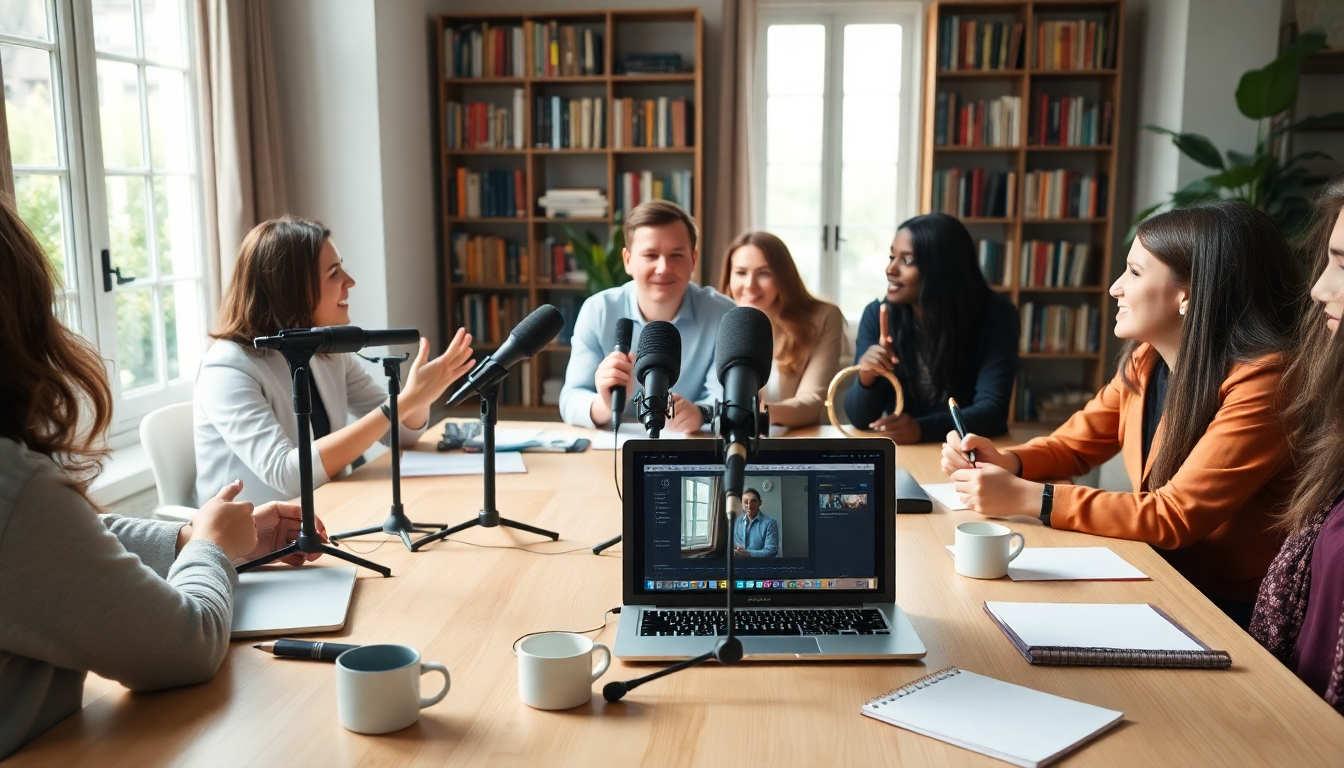Table of Contents
In a world where social media influencers are making waves in the political arena, the way we conduct political interviews is changing faster than you might think. Take the case of Samuel ‘Sam Zirah’ for instance. Through his YouTube channel, Chez Zirah, he’s opened up a whole new pathway for politicians to connect with younger audiences. His approach? A mix of personal storytelling and political discussion that challenges the old-school norms of media. It’s a refreshing take on engaging with politics, wouldn’t you agree?
Political Interviews: A New Frontier
Since launching, Chez Zirah has quickly transformed into a platform where politicians get to showcase not just their policies but their human side too. Imagine stepping into a vibrant studio filled with playful decor—it’s a far cry from the stiff environments we’re used to seeing in traditional political interviews. This new vibe has attracted a diverse range of political figures, including prominent leaders like Yaël Braun-Pivet, President of the National Assembly, and other influential lawmakers.
In Sam Zirah’s interviews, the casual atmosphere allows politicians to dive into both their professional agendas and personal stories. This unique blend of intimacy and political insight has struck a chord, with episodes racking up hundreds of thousands of views. The average viewing time of around forty minutes tells us that audiences are genuinely engaged with the content. Isn’t it fascinating how a relaxed setting can lead to deeper conversations?
As Zirah considers expanding his show into more structured formats, like talk shows and in-depth discussions on political programs, it’s clear that he’s not just riding the influencer wave—he’s helping to shape the future of political dialogue. His mission? To make politics feel more relatable and accessible, especially for younger folks who often feel disconnected from conventional political chatter.
Bridging the Gap: Politicians and the Youth
The real magic of Zirah’s approach lies in its ability to draw in a demographic that traditional media often overlooks. His audience averages between 24 and 34 years old, a crucial age group for the future of political engagement in France. Politicians are starting to realize this potential and are more willing than ever to step out of their comfort zones to join these conversations.
Take deputy Raphaël Arnault, for example. He shared how these interviews create a much more accessible conversation about political ideas and personal experiences. The laid-back format allows guests to open up about intimate details of their lives, breaking down the barriers that usually come with formal interviews. This trend highlights a larger shift in media where transparency and relatability are key to effectively engaging audiences.
Of course, some critics argue that this format muddles the line between political discussion and entertainment. But supporters counter that this new style fosters a deeper understanding of the individuals behind political positions. By humanizing politicians, Zirah’s interviews spark a dialogue that resonates, making viewers feel more connected to the political process. Isn’t that what we all want—a more relatable view of those in power?
The Future of Political Discourse
Looking ahead, the push for more informal and intimate political interviews is set to continue influencing how we perceive and discuss politics. The rise of influencers like Sam Zirah signals a shift in communication between politicians and the public, especially the younger generation. This evolution presents both opportunities and challenges, as the lines between personal and political continue to blur.
Moreover, with social media platforms under the microscope for their impact on public opinion, the role of influencers in political discussions is only going to become more crucial. As these platforms evolve, so too will the tactics that politicians use to connect with their constituents. The demand for authenticity and relatability will steer future political engagements, making spaces like Chez Zirah essential for both politicians and the public.
Ultimately, weaving personal narratives into political discussions not only enhances our understanding but also fosters a more informed electorate. As the political landscape shifts, it’s clear that the future of political interviews will hinge on principles of accessibility, transparency, and genuine engagement. Are you ready to tune in?


